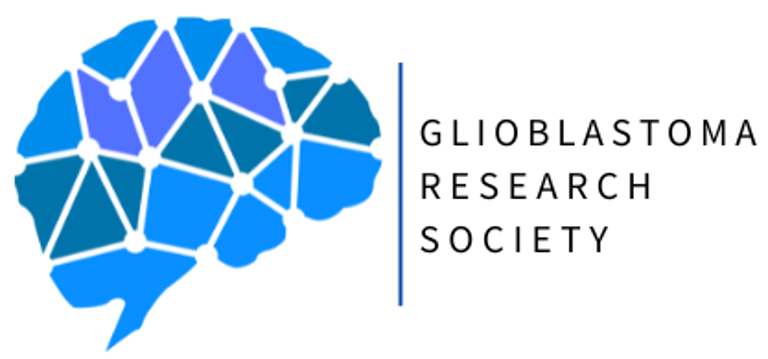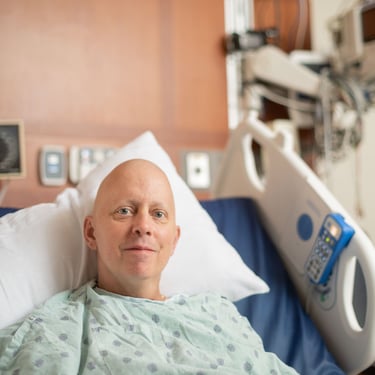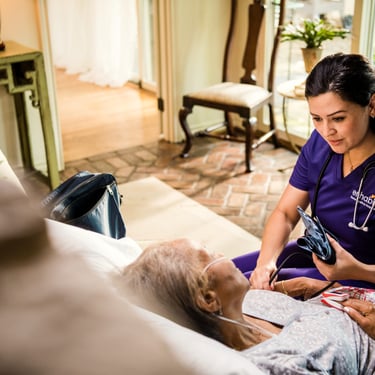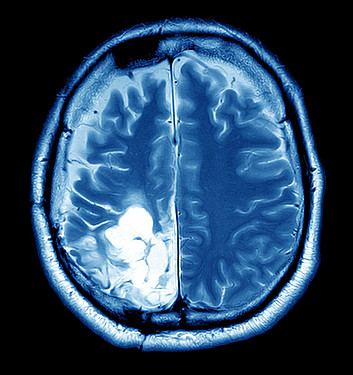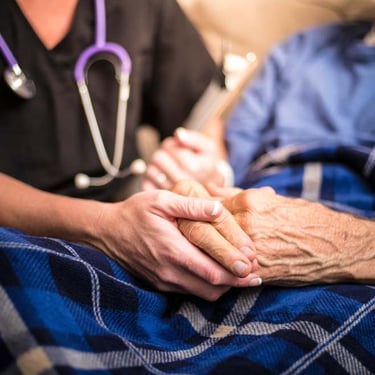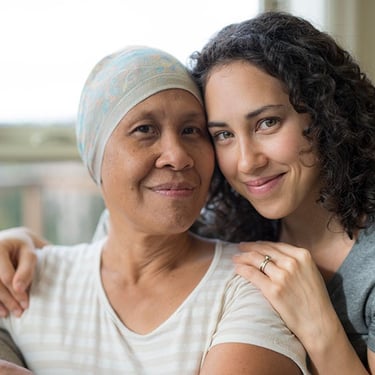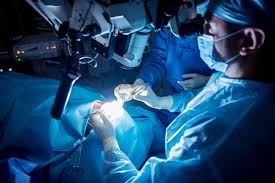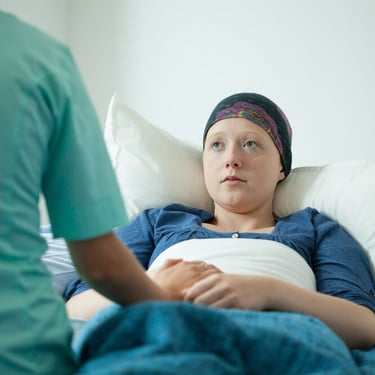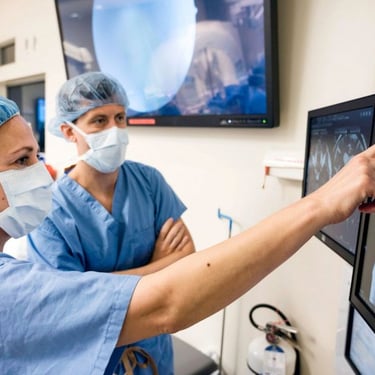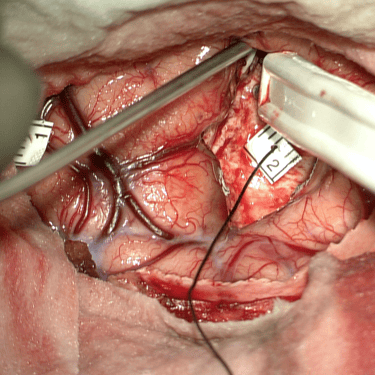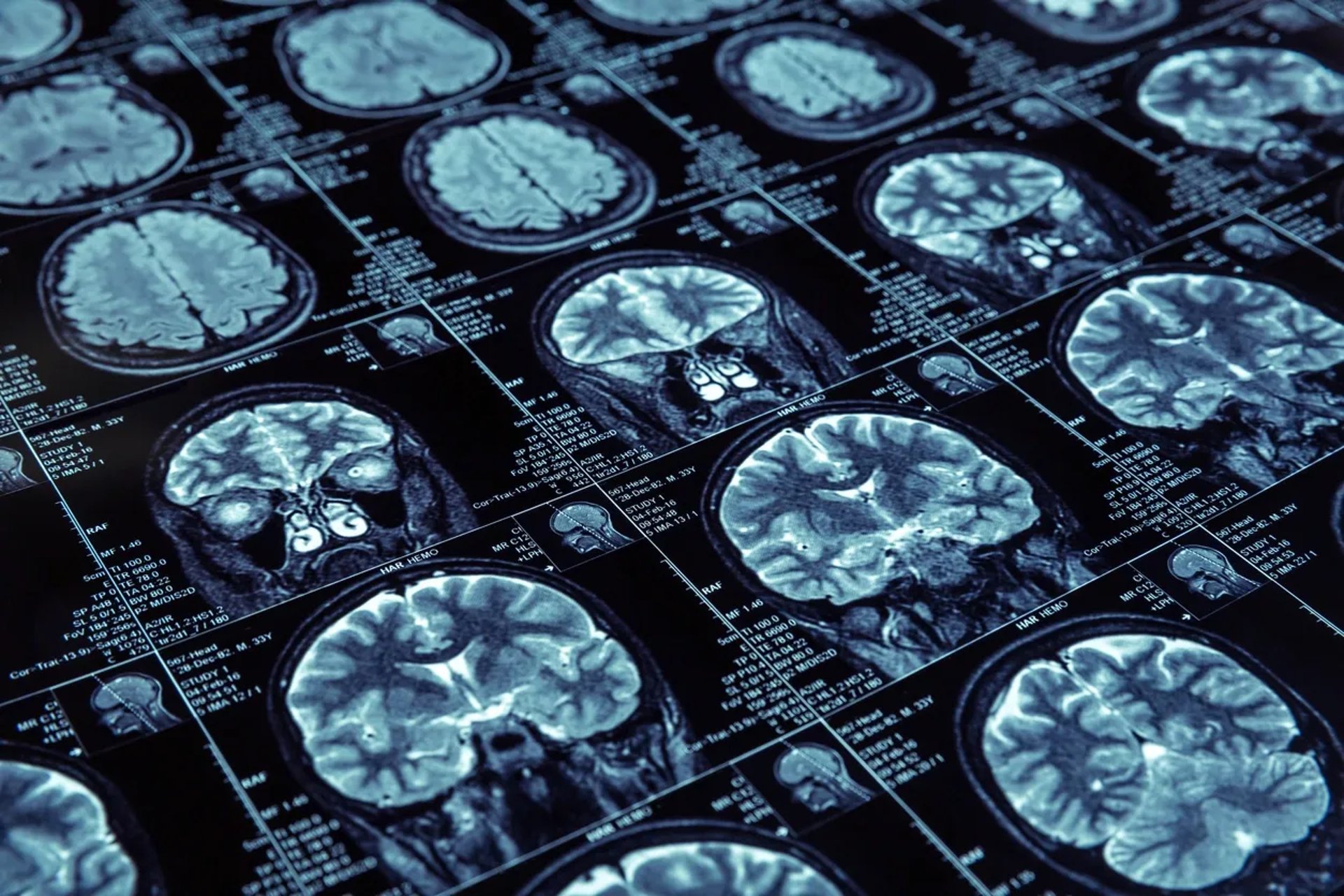
UNLEASHING THE POWER OF RESEARCH
Exploring new frontiers in glioblastoma research to overcome challenges for patients worldwide
Welcome to the Glioblastoma Research Society
We are dedicated to advancing scientific knowledge and improving patient's lives through groundbreaking research
Our Vision
The Glioblastoma Research Society envisions a world where scientific knowledge and medical innovation are accessible to all and have the potential to transform lives. We are committed to advancing our understanding of glioblastoma and driving progress through bold research, innovation and discovery.


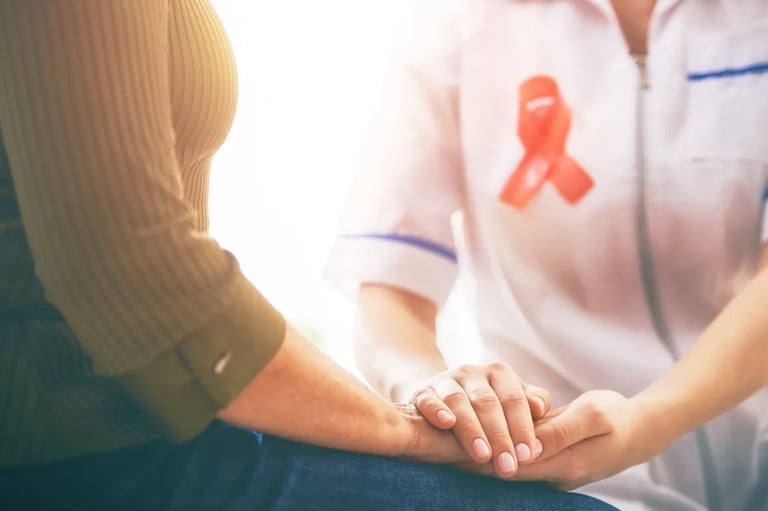



A B O U T G L I O B L A S T O M A R E S E A R C H S O C I E T Y
Our Approach
Our approach to research is interdisciplinary and collaborative, bringing together experts from different fields to tackle the current challenges we face in treating glioblastoma tumors. We fund projects that have the potential to make a significant impact in patients' lives and support researchers throughout the entire process.
Our Partnerships
At the Glioblastoma Research Society, we believe that collaboration and partnerships are essential to driving progress and advancing scientific research. By bringing together young investigators, research institutions and donors like you, we can continue to accomplish our mission through accelerating the pace of discovery.
GBM
Glioblastoma, also known as glioblastoma multiforme (GBM), is a fast-growing and extremely aggressive brain tumor most often found in the cerebral hemispheres, especially the frontal and temporal lobes. It is categorized as a grade IV astrocytoma, which quickly invades surrounding brain tissue and can also spread to the spinal cord. GBM is the most common type of primary malignant brain tumor, accounting for 48% of all cases.
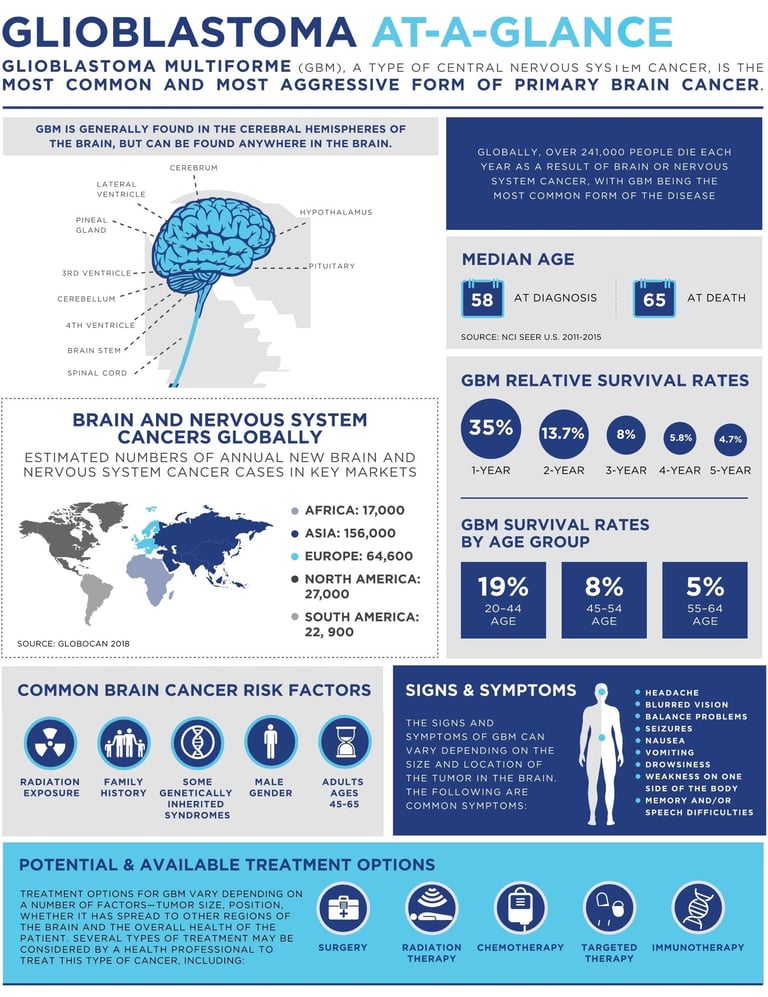

Our Project
Over the next three years, we will be combining patient data with pre-clinical disease models to identify factors and cellular pathways that drive the treatment resistance and regrowth of GBM tumors. This will then allow us to develop road blocks to the establishment and proliferation of GBM, as well as to increase tumors' responsiveness to treatment. This internationally collaborative endeavor requires a budget of $1.5M to complete.
A B O U T G L I O B L A S T O M A M U L T I F O R M E
Survival
The median age of diagnosis is 64, after which patients can expect to survive 14–16 months on average. GBM's prognosis is exceptionally poor; only approximately 30% of patients can expect to survive the first year post diagnosis and a mere 14% the second year. The five-year survival rate is less than 5%. About 200,000 people die from GBM each year, including nearly 15,000 in Europe and 9,000 in the US.

Pricilla Freschu, MSc, Science Writer
Cancer research has made enormous progress, but glioblastoma remains one of the toughest challenges. The Glioblastoma Research Society funds bold, innovative science aimed at changing this. If we want real breakthroughs, we have to support the researchers willing to take them on.
Pauline Gately, Caregiver
When I learned that my tumor had recurred and that this time, chemo would most likely be ineffective, it made me realize just how important the work being done by the Glioblastoma Research Society truly is.
Jean Marie Atelier, Glioblastoma Patient


Mehdi Touat, MD, PhD
Principal Investigator, Paris Brain Institute Neuro-Oncologist, Hôpital Pitié-Salpêtriére
G L I O B L A S T O M A R E S E A R C H S O C I E T Y F O U N D I N G M E M B E R S
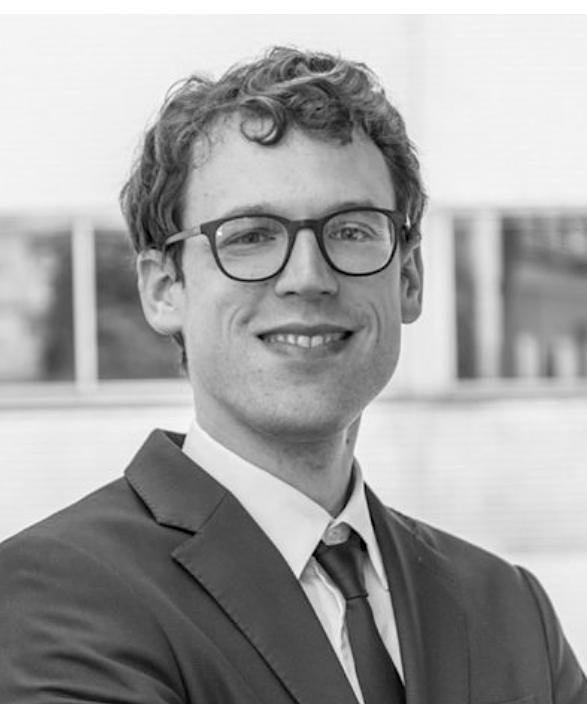


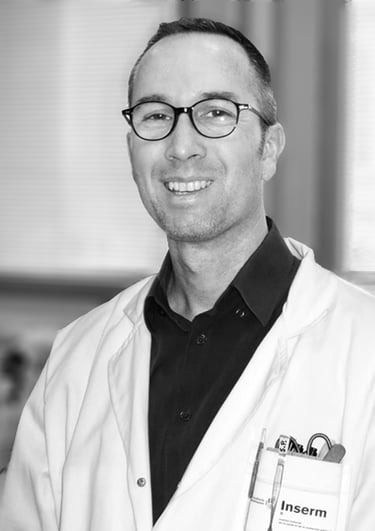
Franck Bielle, MD, PhD
Principal Investigator, Paris Brain Institute Neuropathologist, Hôpital Pitié-Salpêtriére
Sylvain Provot, PhD
Vice President
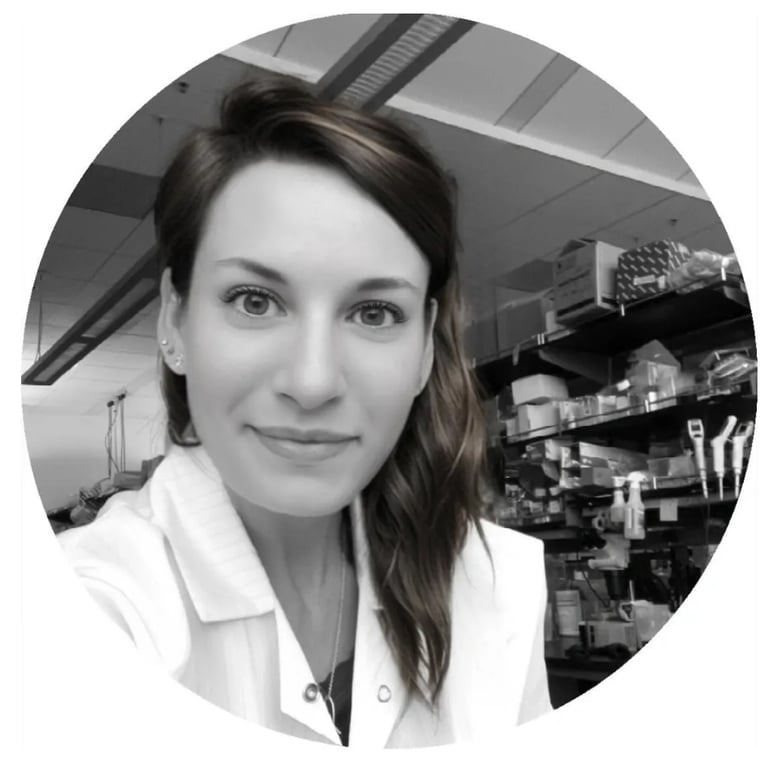

President
Principal Investigator, Hôpital Lariboisiére Professor, Université Paris Cité
Principal Investigator
Advisory Board Member
PhD Candidate, Sorbonne Université Doctoral Researcher, Paris Brain Institute
J o i n O u r C a u s e


Your donation directly helps advance brain cancer research and brings us closer to finding solutions to some of its biggest challenges.
Join the fight against brain cancer today!
GRS is a 501(c)(3) organization; all donations are 100% tax deductible
TELL US YOUR STORY
How has GBM affected you or a loved one? Tell us about your experience with this devastating disease and what your hopes are for the future of research.

BECOME A MEMBER
Sign up to hear from us about important research findings, planed experiments and project updates.
CONTACT US
Paris
47 Boulevard de l'Hôpital
73013 Paris
Phone
+33 07 66 04 05 13
San Francisco
568 Folsom Street, Unit B
San Francisco, CA 94105
Phone
+1 (415) 644 8693
Follow us!
